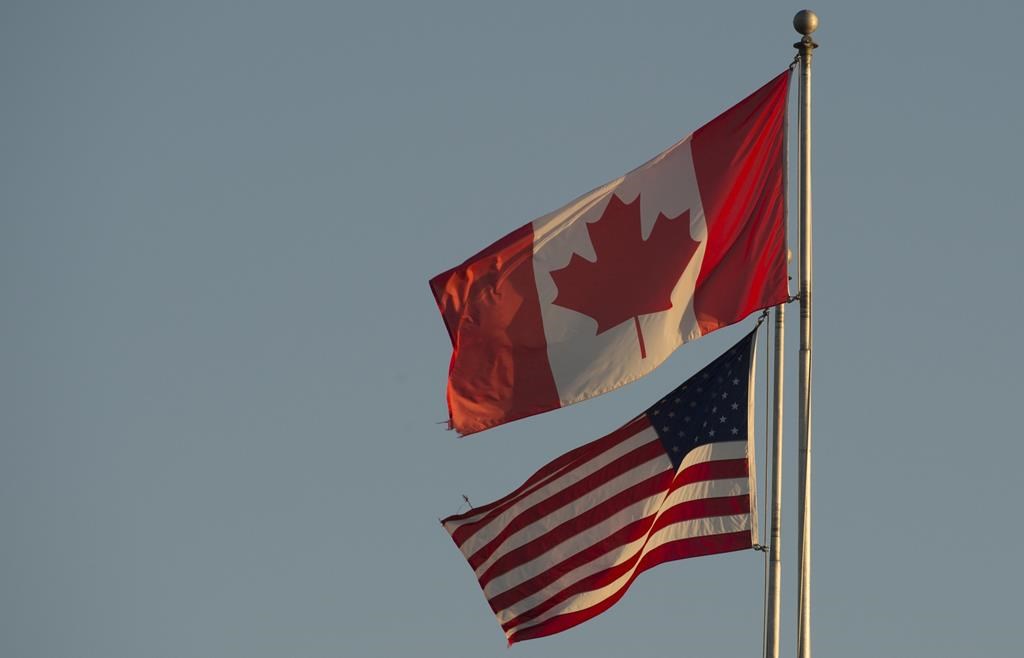Hours are being cut at some Canadian land border crossings, including several in Manitoba, amid the coronavirus pandemic.

The Canada Border Services Agency (CBSA) announced the temporary reduction of hours at 27 “low-traffic ports of entry” along the Canada-United States border Wednesday.
All non-essential travel into Canada continues to be prohibited amid the COVID-19 pandemic, although economic supply chains and trade remain open between the two countries.
The Manitoba borders affected include:
- Coulter, Man.
- Goodlands, Man.
- Gretna, Man.
- Lena, Man.
- Windygates, Man.
- Winkler, Man.
The changes go into effect at 11:59 p.m. Wednesday and will remain in effect until the federal government’s ban on entry into Canada from the U.S. is lifted, the CBSA said in a release.
A full list of affected border crossings and the new hours can be found at the CBSA website.
The border closed to most travellers last month to help fight the spread of COVID-19. It’s the first such closure since Confederation in 1867.
—With files from the Canadian Press
Questions about COVID-19? Here are some things you need to know:
Health officials caution against all international travel. Returning travellers are legally obligated to self-isolate for 14 days, beginning March 26, in case they develop symptoms and to prevent spreading the virus to others. Some provinces and territories have also implemented additional recommendations or enforcement measures to ensure those returning to the area self-isolate.
Symptoms can include fever, cough and difficulty breathing — very similar to a cold or flu. Some people can develop a more severe illness. People most at risk of this include older adults and people with severe chronic medical conditions like heart, lung or kidney disease. If you develop symptoms, contact public health authorities.
To prevent the virus from spreading, experts recommend frequent handwashing and coughing into your sleeve. They also recommend minimizing contact with others, staying home as much as possible and maintaining a distance of two metres from other people if you go out.
For full COVID-19 coverage from Global News, click here.
- What is a halal mortgage? How interest-free home financing works in Canada
- Ontario doctors offer solutions to help address shortage of family physicians
- Capital gains changes are ‘really fair,’ Freeland says, as doctors cry foul
- LGBTQ2 rallies will be held across Canada next month. Here’s what to know





Comments